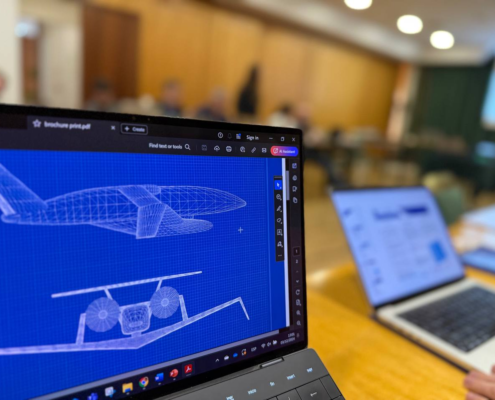
AIRSHIP Project Midpoint Consortium Meeting (3-5 December, Azores)
The AIRSHIP Project recently reached a significant milestone…
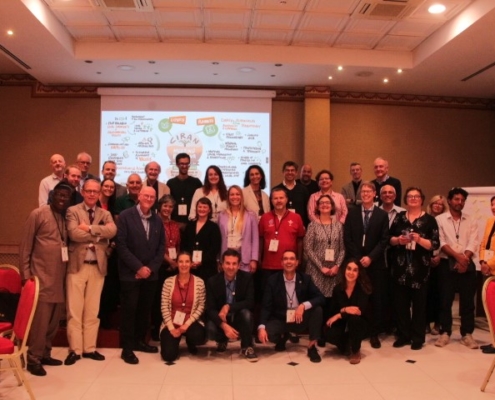
CIRAN 3rd Consortium Meeting (Bologna, Italy)
From September 30 to October 3 2024, the CIRAN project team gathered…
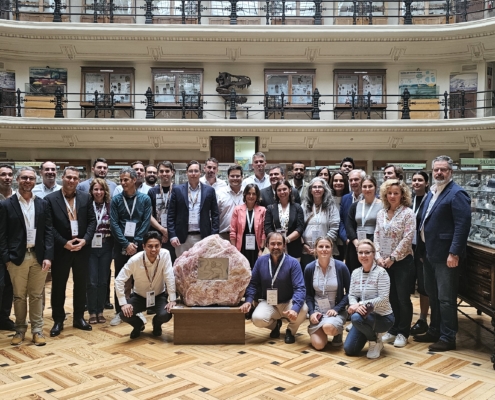
LPRC joins a new Horizon Europe project: GENESIS
Between the 24th – 26th of September, LPRC staff members participated…
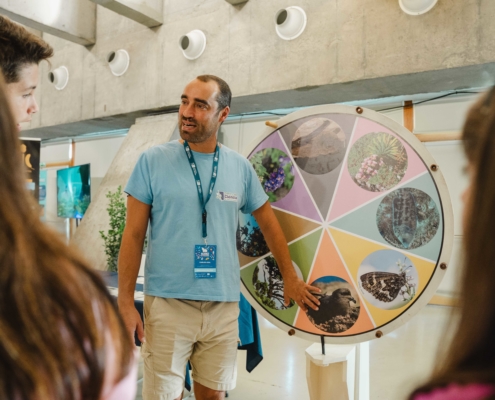
Macaronight 2024 – another successful event!
Around 10000 science enthusiasts and curious minds across the…
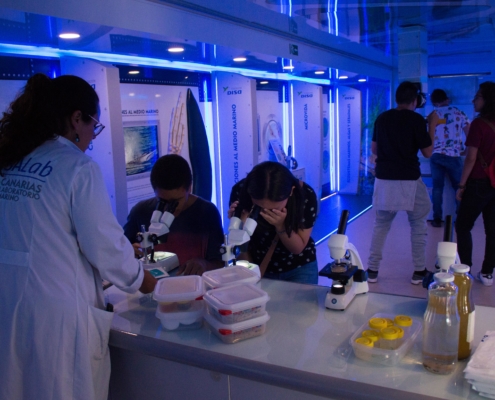
La Palma Research Centre organizes the MacaroNight 2024
Similarly to previous years (from 2018 to 2023), LPRC is the…
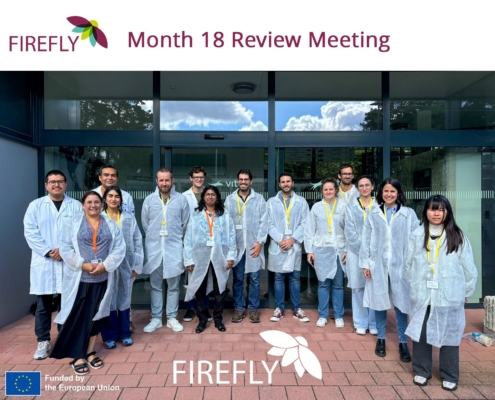 FIREFLY
FIREFLYFIREFLY Consortium Meeting, 9-11 September 2024, Leuven, Belgium
La Palma Research Centre joined the most recent FIREFLY…
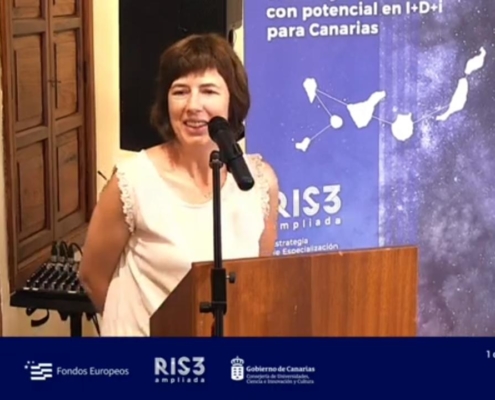
𝐋𝐚 𝐏𝐚𝐥𝐦𝐚, 𝐮𝐧𝐚 𝐢𝐬𝐥𝐚 𝐜𝐨𝐧 𝐩𝐫𝐨𝐲𝐞𝐜𝐜𝐢ó𝐧 𝐝𝐞 𝐈+𝐃+𝐢 𝐞𝐧 𝐥𝐚 𝐑𝐈𝐒𝟑 𝐚𝐦𝐩𝐥𝐢𝐚𝐝𝐚, La Palma, 1 August
La Palma Research Centre joined the event "𝐋𝐚 𝐏𝐚𝐥𝐦𝐚,…
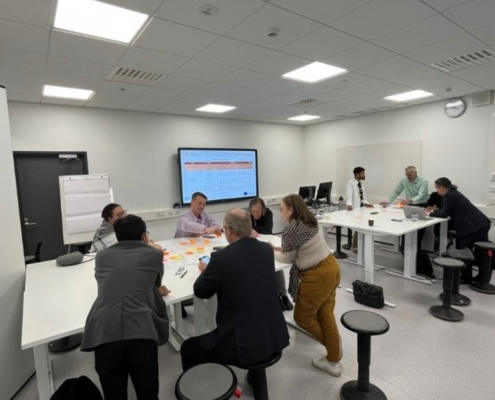
The Futures of Critical Raw Materials in Europe explored at the 2024 Futures Conference in Turku
On the past 13th and 14th of June, La Palma Research Centre was…
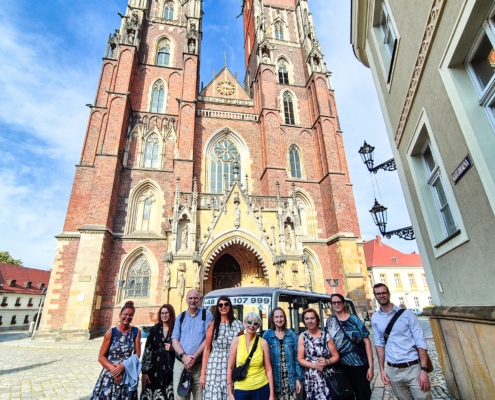
TIMREX Steering Commitee Meeting, 27-28 June 2024, Wroclaw, Poland
La Palma Research Centre joined the TIMREX consortium in Wroclaw,…
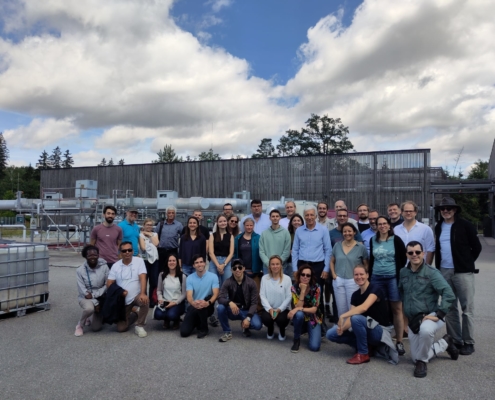
CRM-geothermal 3rd General Assembly, 3-5 July 2024, Munich, Germany
La Palma Research Centre joined the CRM-geothermal partners in…
